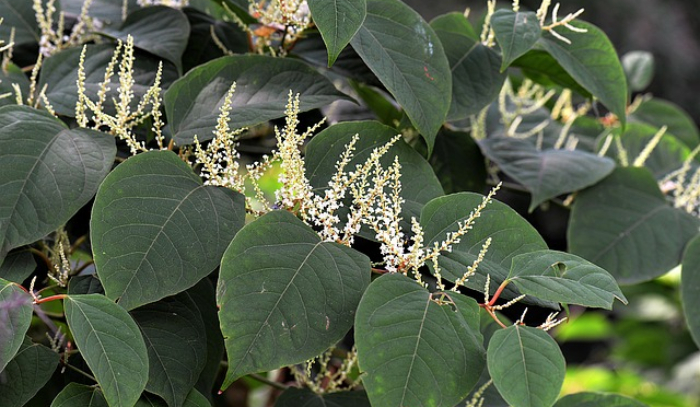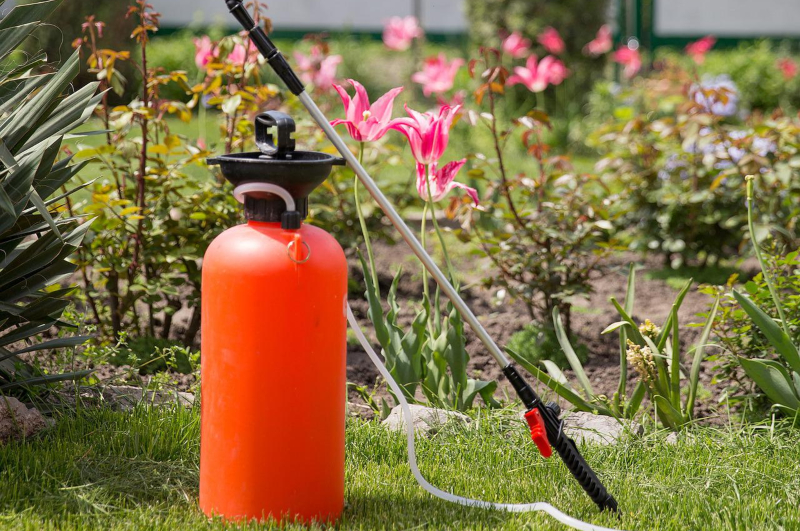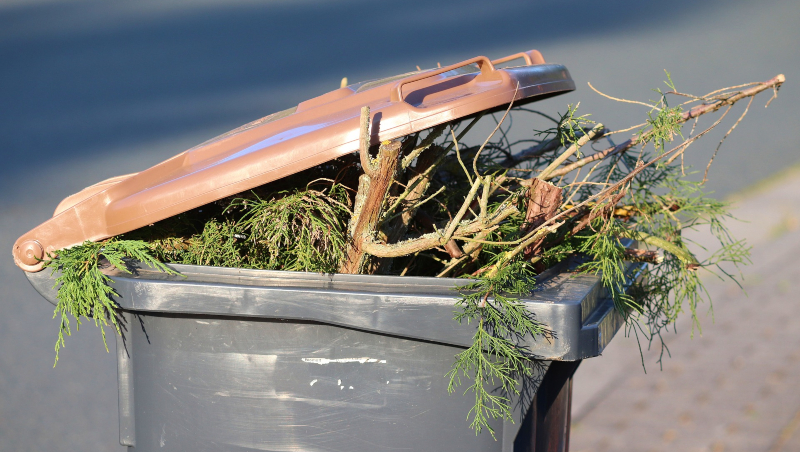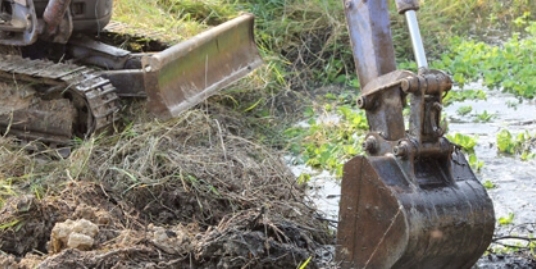
As an herbaceous perennial, Japanese knotweed dies down in the winter. Because Japanese knotweed changes with the seasons, it can be difficult for untrained individuals to confidently identify it.
Knotweed looks different in every season – with autumn drawing to a close and winter well on its way, you may be looking for some advice on identifying Japanese knotweed throughout the seasons. If you’re looking for a knotweed winter identification guide, you’re in the right place!
More...

No matter how you look at it, Japanese knotweed is a weed you don't want to find growing on your property. It is damaging to other plants, wildlife, can cause property damage, and can even reduce your property value by 10%.
If you’ve found knotweed on your lawn, you might be tempted to try and treat the knotweed yourself. A quick google search will tell you how difficult knotweed is to excavate – the roots can grow up to 3 metres deep below ground and up to 7 metres across.
For this reason, typical knotweed treatment processes involve the application of a strong herbicide. If you’re hoping to save a few quid on knotweed removal, you may be wondering ‘can I use weed killer on Japanese knotweed?’
More...

Image from Wikimedia Commons under Licence CC BY-SA 4.0
Japanese knotweed is a pretty harmful invasive species that is found across the UK, particularly in South Wales and North West England.
Japanese knotweed is one of the most infamous invasive species in the UK, regulated by laws such as the Wildlife and Countryside Act 1981 in an attempt to stop it from spreading further than it already has.
Because knotweed is such a widely condemned plant, you could be forgiven for assuming that it’s highly toxic – why else would people be so afraid of finding it growing on their property?
More...

Under UK law, Japanese knotweed is classed as "controlled waste", and causing or allowing the plant to spread is illegal. For this reason, putting Japanese knotweed in your garden bin is illegal.
Japanese knotweed is very easy to spread – a rhizome fragment just 1cm can be enough to start the growth of an entire new plant. This can cause trouble when trying to dispose of the weed – if even a small piece is left or drops to the ground, an entire new plant can grow.
Since Japanese knotweed is an invasive species and the spreading of it (whether accidental or intentional) is a crime, its disposal must be handled with the utmost care.
As such, Japanese knotweed cannot be put in the bin, be it green garden waste, black general rubbish, recycling, or compost. You cannot take knotweed to any dump or tip, and you cannot fly-tip.
More...

We’re here to distinguish the facts from the fiction regarding Japanese knotweed and knotweed treatments. There is one issue in particular that we’ll be addressing, however. There has been a spike of literature circling online promoting the message that the only acceptable way to treat your knotweed is to have it excavated. So, when should you use excavation to remove knotweed?
More...
